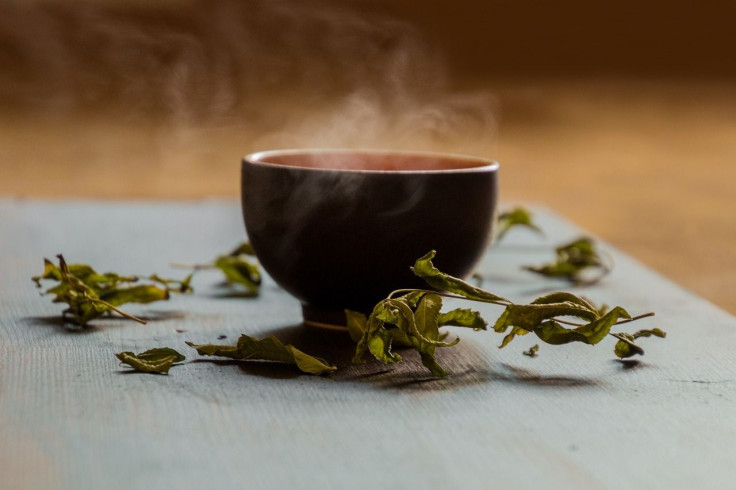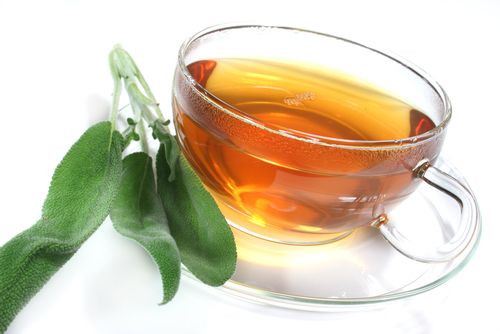Is Drinking Tea Good For The Brain?

It has long been recognized that the plant polyphenols, antioxidants, catechins and other phytochemicals in tea are beneficial for the brain and, therefore, our cognitive health.
Caffeine (a brain booster) and the amino acid L-Theanine (which calms you down) -- both of which are found together only in tea -- have been found to help reduce mental fatigue. Both also increase reaction time and working memory.
When taken for at least 16 weeks, this combination has also been linked to improvements in memory and cognitive alertness. There's even some evidence that suggests drinking tea can decrease the risk of dementia.
A new study by the National University of Singapore shows drinking tea over time has a positive effect on the brain's function, structure and organization, including greater functional connectivity. This study involved 36 healthy old individuals that drank tea for 25 years or more.
From the MRIs conducted on the participants, researchers found tea does have a positive effect on brain structure, function and organization. The scans also showed those who drank the most tea -- at least four times a week for some 25 years -- also had greater functional connectivity strength.
Connectivity strength is very important, according to Feng Lei, an assistant professor from the National University of Singapore.
"Take the analogy of road traffic as an example — consider brain regions as destinations, while the connections between brain regions are roads. When a road system is better organised, the movement of vehicles and passengers is more efficient and uses less resources. Similarly, when the connections between brain regions are more structured, information processing can be performed more efficiently," Prof. Feng explained.
Previous studies from the same team revealed tea drinkers have better cognitive function compared to non-tea drinkers.
"Our current results relating to brain network indirectly support our previous findings by showing that the positive effects of regular tea drinking are the result of improved brain organization brought about by preventing disruption to interregional connections," Prof. Feng pointed out.
This study offers a better understanding of brain organization and its intricate relationship with cognitive performance. Researchers said they plan to continue examining the effects of tea and its bioactive compounds on cognitive decline.
The short-term of drinking tea are associated with improved executive functioning, simple reaction time and reduced errors in cognitive tasks.

Published by Medicaldaily.com



























